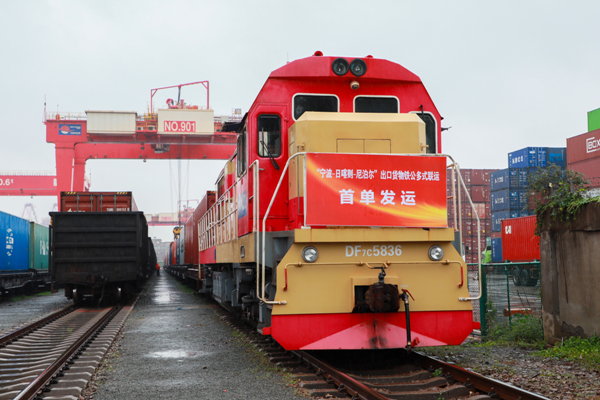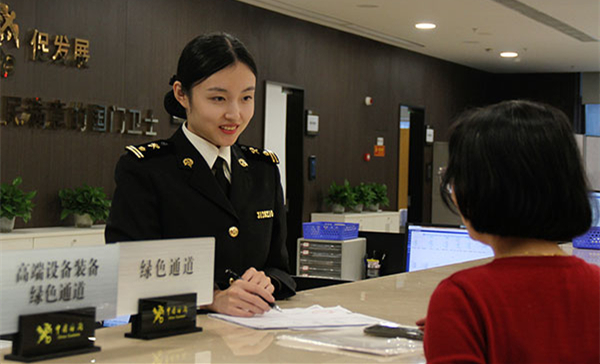Experts see need to reduce loan interest rates

A cashier at a bank in Taiyuan, Shanxi province counts renminbi notes. [Photo/China News Service]
The need for China to tamp down interest rate levels may have become more urgent as the country's economic rally is grappling with a sluggish recovery in demand and the pressure of debt costs on corporate earnings, political advisers and experts said.
"It is worth every possible effort to adjust loan interest rates," said Gong Liutang, a member of the 14th National Committee of the Chinese People's Political Consultative Conference.
China's slowing inflation has led to rising real interest rates, which means that enterprises now face higher real costs to service their debts, restricting their capacity and willingness to invest, Gong said.
It is therefore necessary to reduce loan interest rates to ease real costs for businesses as soon as possible to encourage corporate investment, said Gong, who is also a professor of applied economics at Peking University's Guanghua School of Management and vice-president of Beijing Technology and Business University.
The real interest rate is calculated as the difference between the nominal or stated interest rate and the inflation rate to remove the effects of inflation. Rising real interest rates indicate that borrowers need to pay more in the form of goods or services to repay their debts.
As China's growth in the consumer price index eased to 0.1 percent year-on-year in April from 1.8 percent at the end of last year, the real loan interest rate increased by 1.7 percentage points when considering the one-year loan prime rate — a market-based lending benchmark — as a proxy of the nominal loan interest rate. The one-year LPR has remained unchanged at 3.65 percent since August 2022.
Accompanying rising real interest rates are headwinds on corporate earnings and private investments. Profits of major industrial firms in China shrank by 20.6 percent from a year ago in the first four months of the year, while fixed asset investment made by the private sector grew by only 0.4 percent year-on-year, according to the National Bureau of Statistics.
The pressures on corporate earnings may have been sustained in May as soft market demand weighed on price levels, experts said. Dragged by slowing market demand and production, the manufacturing purchasing managers index dropped to a five-month low of 48.8 in May, compared with 49.2 in April, implying that the sector has further contracted, the NBS said.
Zhang Bin, deputy director of the Institute of World Economics and Politics at the Chinese Academy of Social Sciences and a member of the 14th CPPCC National Committee, said that recent economic data indicates that the momentum of recovery may not be as strong as expected, with sluggish demand the prominent weak link.
"Although the current economic momentum should still ensure the achievement of this year's GDP growth target of around 5 percent, the pressures on youth employment, low-income groups and private investment have underscored the necessity to further ease the monetary policy," he said.
Reducing the interest rates will help ease the debt burden corporate entities are facing and boost the valuation of their financial assets, thus improving their profitability, which is crucial for anchoring their development expectations and encouraging corporate spending, Zhang said.
A State Council executive meeting on Friday also recognized that the foundation of economic recovery is not yet solid, stressing that efforts should be made to stabilize expectations further.
Nevertheless, some experts see a low possibility of any near-term interest rate cuts amid depreciation pressures on the renminbi against the US dollar, especially as the People's Bank of China, the country's central bank, reiterated its "relative prudence" when adjusting interest rates in its first-quarter monetary policy report.
Also, the effectiveness of further easing loan interest rates could be questionable as China's monetary condition is already accommodative and private businesses might not be the biggest beneficiary of interest rate cuts, said Charlie Zheng, chief economist at Samoyed Cloud Technology Group Holdings.
zhoulanxv@chinadaily.com.cn

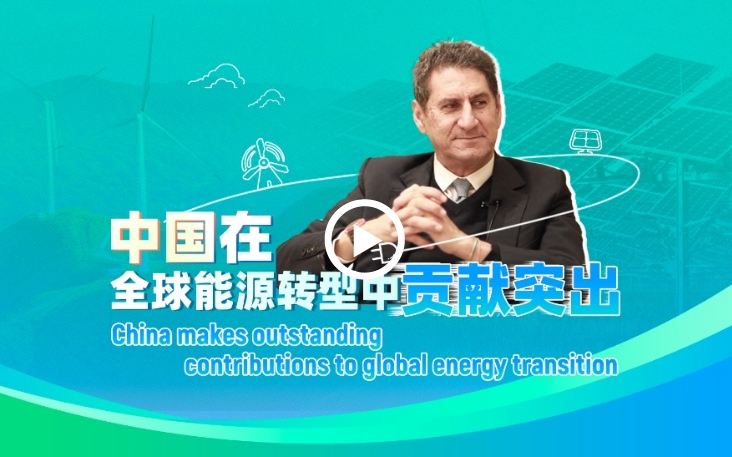 China makes outstanding contributions to global energy transition
China makes outstanding contributions to global energy transition 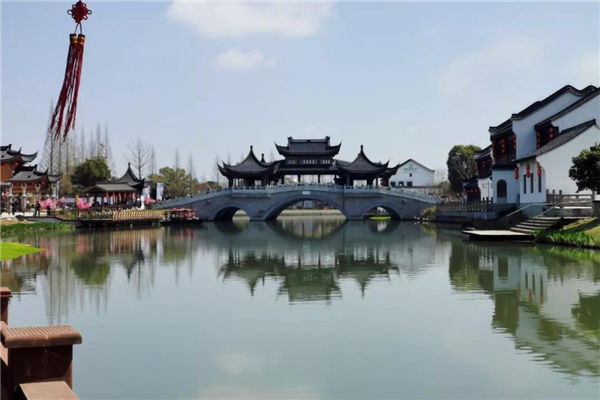 Ningbo village inspires Malawi official
Ningbo village inspires Malawi official 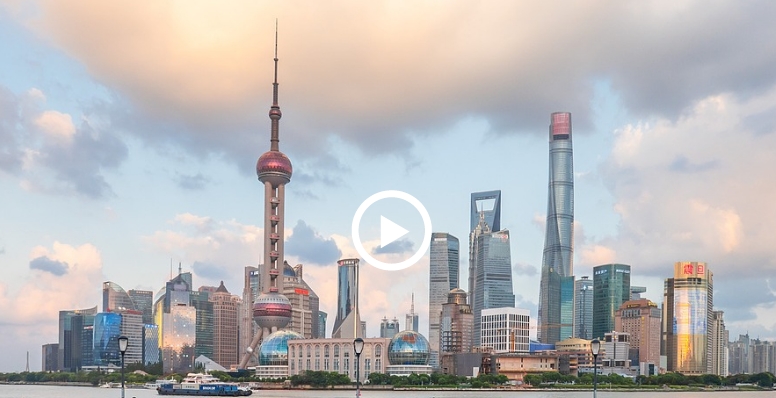 A look at China's economic data in the first three quarters of 2024
A look at China's economic data in the first three quarters of 2024 
